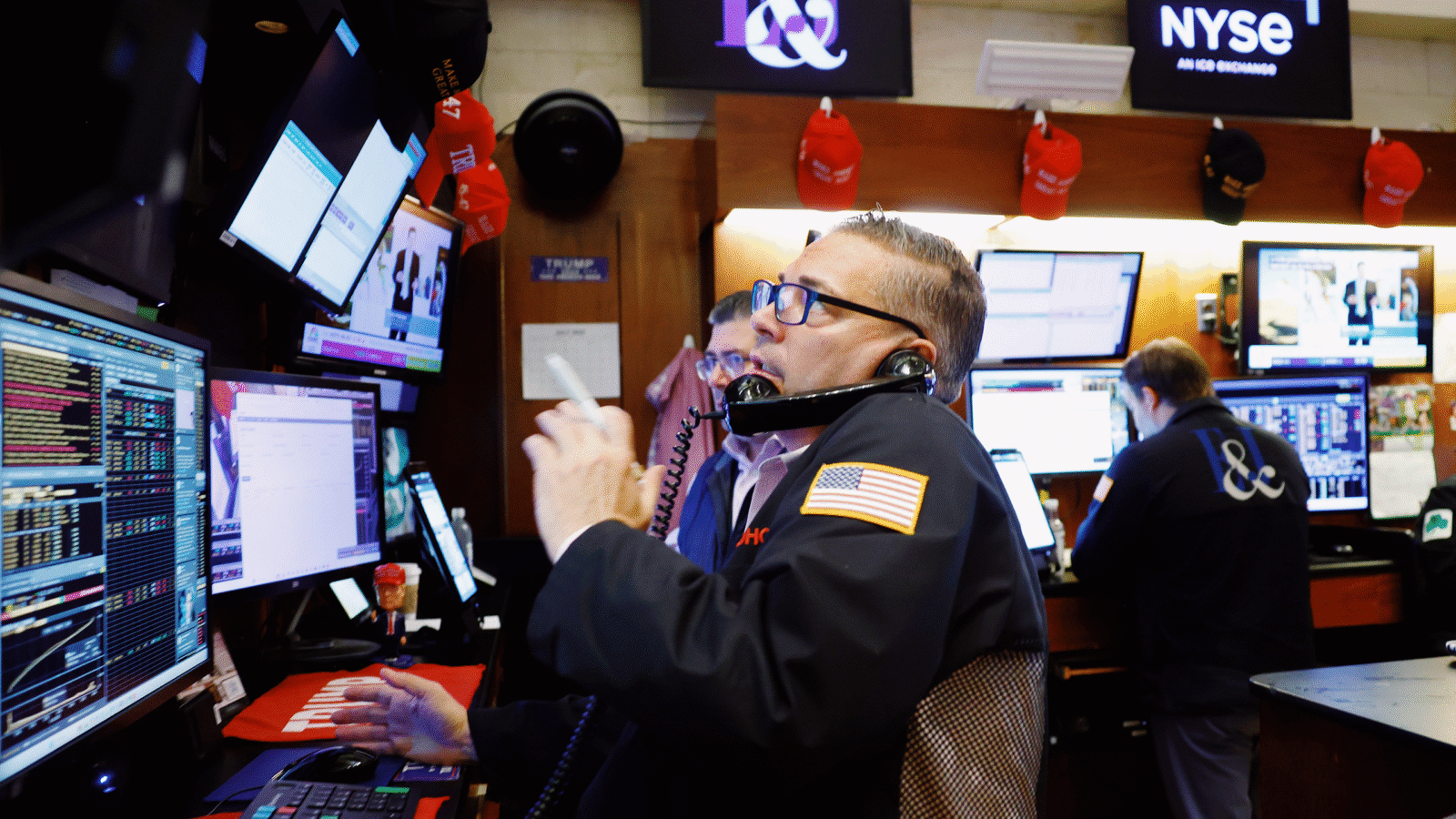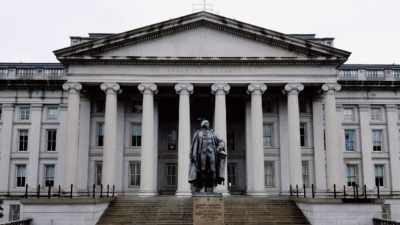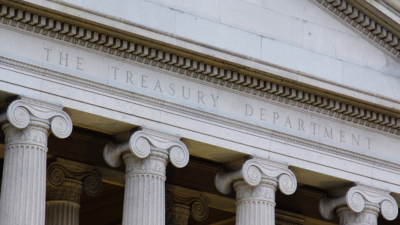
Sign up for smart news, insights, and analysis on the biggest financial stories of the day.
With bonds, an investor safe haven, rallying to the point where borrowing costs are below zero, investors are technically paying governments to take their money.
That’s pushed the world’s negative-yielding debt above $16.5 trillion — the most in the last six months. But if the economy is rebounding, why are investors fleeing to safe havens? Well, that’s where things get tricky.
Sub-Zero Wins
Government bond yields — the return an investor sees on a bond investment — have been declining for weeks, dipping into negative territory and taking many investors who forecasted a pandemic rebound by shock:
- The amount of negative-yielding debt in the world has grown to $16.5 trillion from $12 trillion in May, now approaching December’s record level of $18 trillion, according to Barclays.
- Japan’s 10-year yield fell below zero this week for the first time since December. Germany’s dipped to minus 0.51%, its lowest since February, and its 30-year yield is also below zero. In other words, all of Germany’s debt is trading at negative yields. France’s debt is trading below zero on maturities up to 12 years, Spain’s up to 9 years, and Italy and Greece up to 7 years.
Out of Touch? One simple explanation for the heightened activity is that concerns about the Delta coronavirus variant are driving investors into defensive positions. But some analysts believe the negative yields, which normally would suggest a grim outlook, are completely out of touch with reality. They might be right.
The biggest evidence that things are overblown are the massive bond purchases being made by central banks, which are offsetting the quiet summer trading season. The European Central Bank, for example, raised its largest debt-buying program to €87 billion last month, well above the record €80 billion in April, May, and June.
The Central Cause: “Don’t be fooled,” ING strategist Antoine Bouvet told the Financial Times. “I’m not discounting 100% of the economic worries but by and large, the reason interest rates have dropped so much is because of central bank interventions.”











